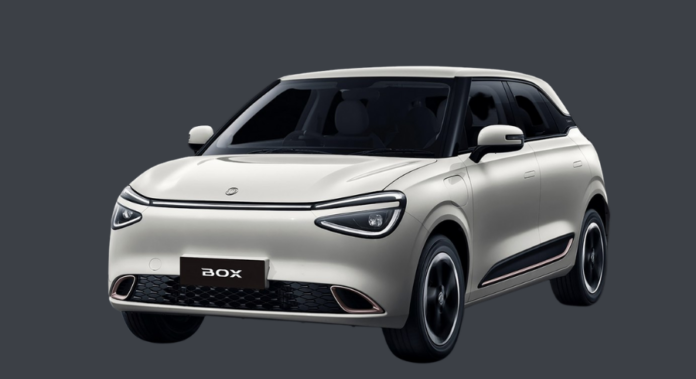In an almost completely expected move, GuGo Motors recently announced a major price cut across all three variants of its electric vehicle lineup, reducing prices by Rs1,050,000 per model. While the company cited limited stock and new booking availability, the move comes shortly after what appears to be the same vehicle re-entered the market—this time as the Dongfeng BOX, introduced by Chawla Green Motors.
The new pricing puts the GuGo E1 Eco at Rs5,650,000 (down from Rs6,700,000), the E2 Plus at Rs6,250,000 (down from Rs7,300,000), and the E3 Premium at Rs6,650,000 (down from Rs7,700,000). Bookings require a partial payment of Rs500,000, with deliveries set for April 2025.
The sudden markdown highlights a growing pattern in Pakistan’s auto market: companies that launch first often end up slashing prices once a similar or identical model enters the scene—especially if the competing launch is more clearly tied to an original equipment manufacturer or comes with more structured support.
This pricing shuffle was set into motion back in February, when GuGo Motors introduced the compact EV as the “GuGo Box.” A few weeks later, the same vehicle appeared again under the “Dongfeng Box” name, this time launched by the Chawla Group. As Profit previously reported in detail, both parties claimed rights to sell the vehicle, leading to uncertainty over who held the legitimate agreement.
While both sides presented competing claims of authorization, the impact on pricing became evident almost immediately. With two similar offerings in the same segment, early movers like GuGo were pushed to adjust prices downward, likely to remain competitive amid growing brand and trust gaps.
When comparing the new pricing to earlier costs, GuGo Motors’ price cuts are substantial. The GuGo E1 Eco now costs Rs5,650,000, down from its initial Rs6,700,000, while the E2 Plus and E3 Premium models also see reductions of Rs1,050,000. This follows the introduction of the same vehicle under a different brand: the Dongfeng Box, launched by Chawla Green Motors. The Dongfeng Box Flagship 430 is priced at Rs6,800,000 and the Box Lux 430 at Rs6,400,000, according to Chawla’s pricing. This price gap highlights the strategic shifts in the market as both companies vie for market share, with GuGo slashing prices to remain competitive against Chawla’s Dongfeng offering.
Part of the reason for the higher pricing at initial launch lies in the cost structure early entrants face. Bringing in the first batch of vehicles often comes with higher per-unit import costs, smaller volumes, and limited aftersales infrastructure—costs which companies pass on to consumers to recover early investments. In many cases, companies also price high to signal exclusivity or “early adopter” appeal, assuming that a segment of the market is willing to pay a premium for access ahead of the curve.
But when a second player enters the picture—especially one with clearer manufacturer support or better pricing leverage—those initial assumptions can collapse quickly. And so, price cuts follow.
This phenomenon isn’t unique to the EV sector. In the hybrid SUV space, Hyundai Nishat’s April 14 launch of the Tucson Hybrid added more pressure to the already competitive landscape. Priced at Rs10,999,000 for the Smart FWD variant and Rs11,999,000 for the Signature AWD, the Tucson undercut Kia’s Sportage Hybrid by over Rs826,000 on the base model. The move sparked concern among Kia customers, some of whom had already placed orders or made full payments at higher prices. Dealerships reportedly faced inquiries about possible retroactive discounts, and questions arose about the resale impact of the Sportage.
(More on that development here: Tucson’s hybrid debut triggers response from Kia customers)
What’s becoming clear is that vehicle pricing in Pakistan isn’t just about features or performance anymore. It’s also about timing and positioning. The first company to bring in a product might make the initial splash, but if another player shows up soon after with a stronger brand, better pricing, or more recognizable backing, the market shifts quickly—and painfully—for those who came first.
For consumers, it’s a cautionary tale: in a market still finding its footing in EV and hybrid categories, waiting a few weeks could make a million-rupee difference. For importers and distributors, the lesson is just as stark—early launch buzz isn’t enough if it can’t be backed by long-term credibility and pricing power.




